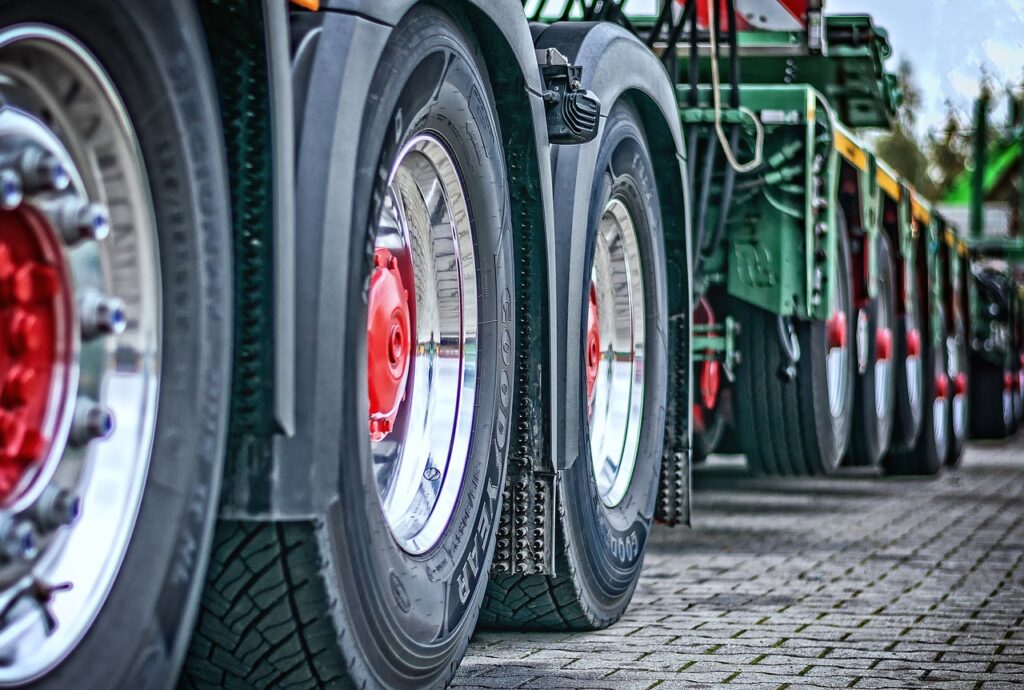Truck manufacturers such as Volvo and MAN are turning to hydrogen combustion engines as an interim solution for achieving lower emissions in freight operations.
This approach aims to address the limitations of battery-electric trucks for long-haul journeys while also serving as a stepping stone towards hydrogen fuel cells.
Battery-electric trucks face challenges related to weight and long charging times, which make them less practical for long-haul freight operations. Hydrogen combustion engines offer a potential solution by providing a more energy-dense alternative that could mitigate these issues. The use of hydrogen as a fuel allows for extended range and reduced vehicle weight compared to heavy battery packs.
Hydrogen combustion engines leverage existing manufacturing lines and infrastructure, which can help preserve jobs and minimize disruption in the industry. This approach allows manufacturers to utilize their current production facilities without the need for extensive redesigns required for hydrogen fuel cells. By using familiar technology, truckmakers can more quickly adapt to new emissions standards while maintaining operational continuity.
A major obstacle to the widespread adoption of hydrogen combustion engines is the limited availability of green hydrogen. The transition to hydrogen fuel relies on the development of a robust supply chain for green hydrogen, which is currently constrained. While the European Union and the United States are funding projects to increase green hydrogen production, it remains a critical bottleneck.
MAN is set to deliver approximately 200 hydrogen-powered trucks for testing in European fleets next year, while Volvo plans to initiate customer tests of hydrogen combustion engine models in 2026. These trials will be crucial in assessing the real-world performance of hydrogen combustion engines and their viability as a transitional technology.
Hydrogen combustion engines are seen as a bridge between current diesel technologies and future hydrogen fuel cell or battery-electric solutions. Their ease of integration into existing fleet operations, combined with the familiarity of the technology, makes them an appealing option for fleet operators seeking immediate emissions reductions.
